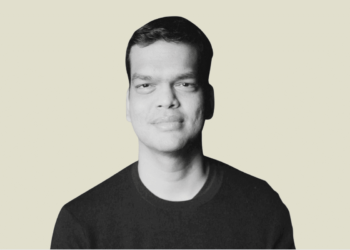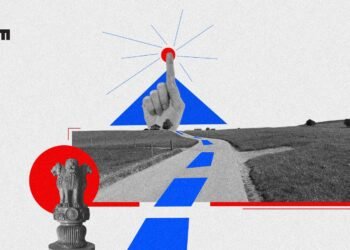In Indian hospitals, patient monitoring is primarily focused on those in ICUs, leaving those in general wards vulnerable to health deterioration due to lack of effective monitoring. This is especially challenging for regional hospitals with limited staff, leading to increased risk of unnoticed clinical decline. To bridge this gap, Dozee, India’s first AI-based contactless remote patient monitoring system, has been developed. A recent study published in Frontiers in Medical Technology conducted at King George’s Medical University (KGMU) in Lucknow, revealed that Dozee’s AI-powered Early Warning System (EWS) can predict health deterioration up to 16 hours in advance, providing a critical window for healthcare providers to intervene and potentially save lives. With approximately 1.9 million patients in general wards relying on periodic manual checks, Dozee’s technology offers a transformative solution, promising round-the-clock, affordable monitoring for 95% of hospital beds. The system tracks metrics such as alert sensitivity, specificity, response time, and healthcare activity, and has the potential to save 21 lakh lives annually and reduce healthcare costs by INR 6,400 crore. Dr. Jean-Louis Teboul, a world-renowned intensivist and critical care expert at France’s Paris-Saclay University, believes that this study has global implications and has the potential to reshape healthcare globally. In the US, the University of Florida Health Center is using AI to monitor patients closely, with the aim of developing advanced algorithms for real-time healthcare recommendations. This project, funded by the US health department’s National Institutes of Health, aims to ease the burden on healthcare providers by allowing AI to interpret actions and present data in an accessible format. Similarly, digital consultancy Netguru is also using AI to improve patient care.
Popular Stories
-
GenAI is expected to contribute 5% of WNS Analytics revenue in FY25, with anticipated growth ahead.
-
US Government Claims Dependence on Chinese Lithium Batteries Poses Significant Risks
-
Bangalore startup raises $300K to develop AI workers for businesses.
-
This startup in Bengaluru has developed the fastest inference engine, surpassing Together AI and Fireworks AI.
-
Some customers are left without a Kindle due to Amazon’s Colorsoft launch.

We bring you the best Premium WordPress Themes that perfect for news, magazine, personal blog, etc. Visit our landing page to see all features & demos.
LEARN MORE »


















